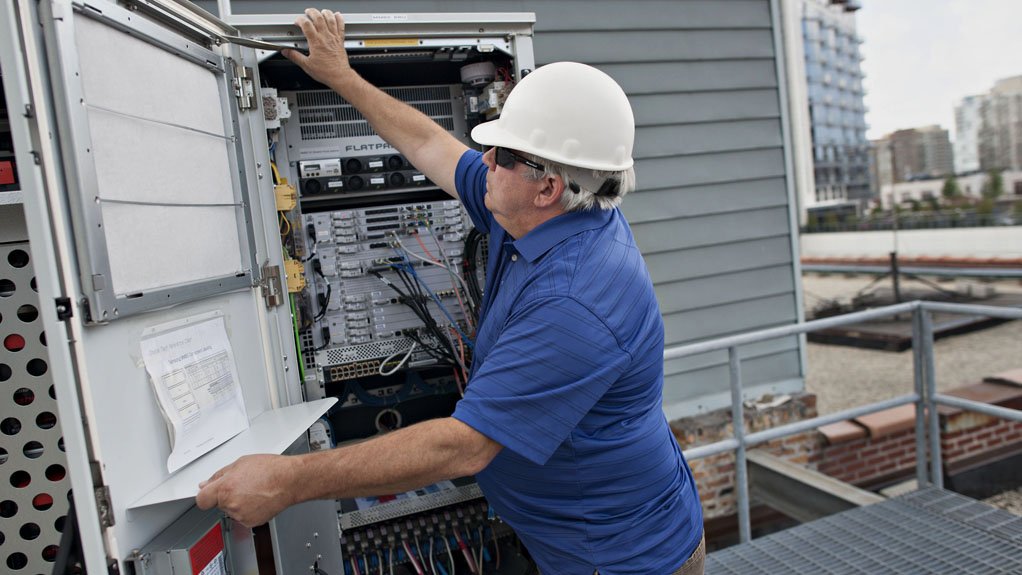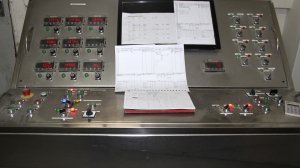Establishing a dominant instrumentation and control trade association in South Africa could help the local industry grow and mitigate possible absorption by international competitors, says Architects Integrating Industry MD Petrus Klopper.
He says the industrial development of a country depends heavily on the capability of the instrumentation and control industry. He points out that new developments that have started to advance in the country need advanced controls systems.
“The longer we wait, the more the industry stands a chance of stagnating, if not dying, as instrumentation and control is an enabler for industrialisation and helps manufacturing and mining to grow by being more efficient. “South Africa is not attracting enough new engineers and we are losing senior experienced engineers to other countries, which means that South African instrumentation companies are no longer able to deliver on medium to larger sized projects.”
Instrumentation companies in the industry can only measure what competitors are doing and may not be aware of where they can add further value to other industries due to limited information and research being available. Such an association could assist with this and further help smaller, midsized and larger companies to promote their capabilities and realise their worth in the value chain at various local and international platforms.
Klopper notes that there are multiple other benefits to having a trade association that governs and promotes players in the industry, such as providing critical information about the industry globally to local manufacturers, as well as marketing and exposure across the value chain.
“A trade association can make local industry more integrated by opening up communication lines, as we have between 600 and 800 companies within the instrumentation and control industry in South Africa,” he says.
If South Africa can become more influential in the international instrumentation and control industry, it can benefit from subsequent growth in the local industry, with further growth for other industries that rely on instrumentation and control, Klopper adds.
With industry growth globally, South Africa has become reliant on countries such as the US, EU and more recently the those in the Far East, for advanced control and instrumentation technology.
“If you look at existing instrumentation and control associations, most of the local existing associations are dominated by the original-equipment manufacturers (OEM) from outside South Africa. And there isn’t a specific one that’s larger than the other,” he highlights. “Therefore, a trade association that is large enough to govern a majority, and as many as possible, of the companies in the industry, and does not rely solely on OEMs, is required for further growth of the industry in South Africa.
Klopper suggests a local control and instrumentation trade association that can help local manufacturers export their products and smaller companies gain access to the value chain, currently estimated to be worth R9-billion.
“We have a lot of talk about nuclear developing in the country and there has been an investment of R20-billion in the automotive industry from overseas by respective automotive car manufacturers. “However, there is no clear indicator to show how much of this investment is going to local manufacturers in the instrumentation and control industry,” he explains.
Klopper concludes that an instrumentation and control trade association could help South Africa become a world leader in the production and development of instrumentation and control technology.
Edited by: Zandile Mavuso
Creamer Media Senior Deputy Editor: Features
EMAIL THIS ARTICLE SAVE THIS ARTICLE
ARTICLE ENQUIRY
To subscribe email subscriptions@creamermedia.co.za or click here
To advertise email advertising@creamermedia.co.za or click here














